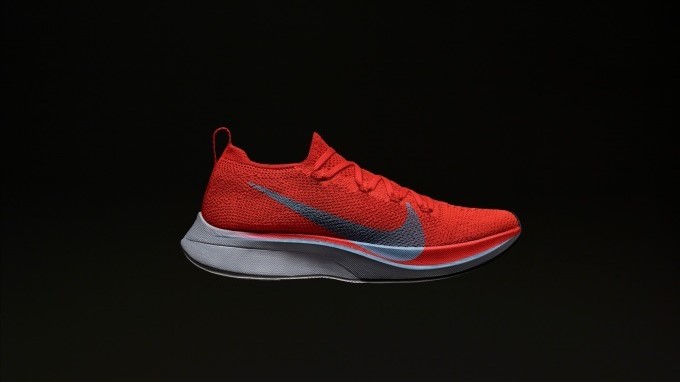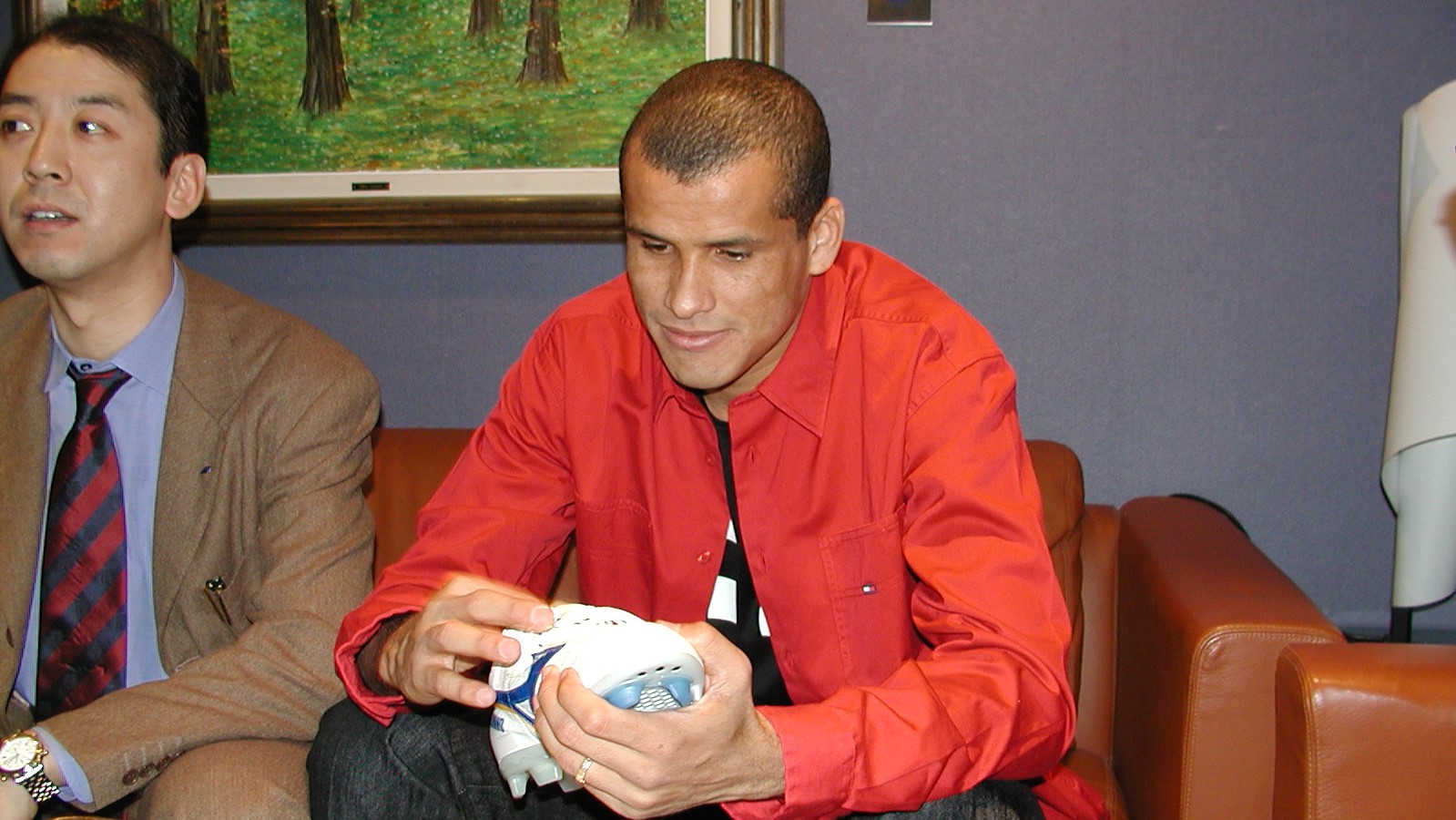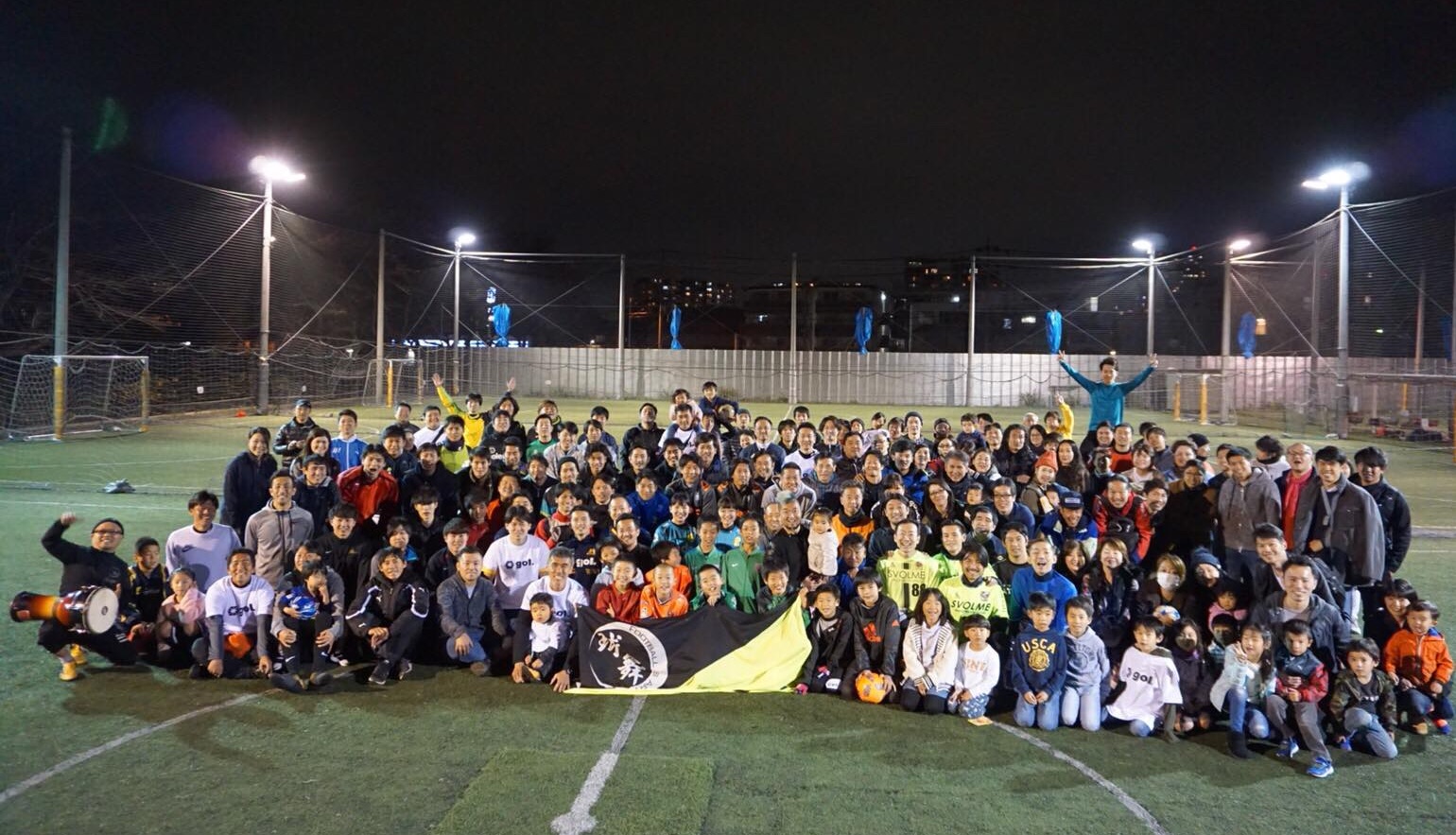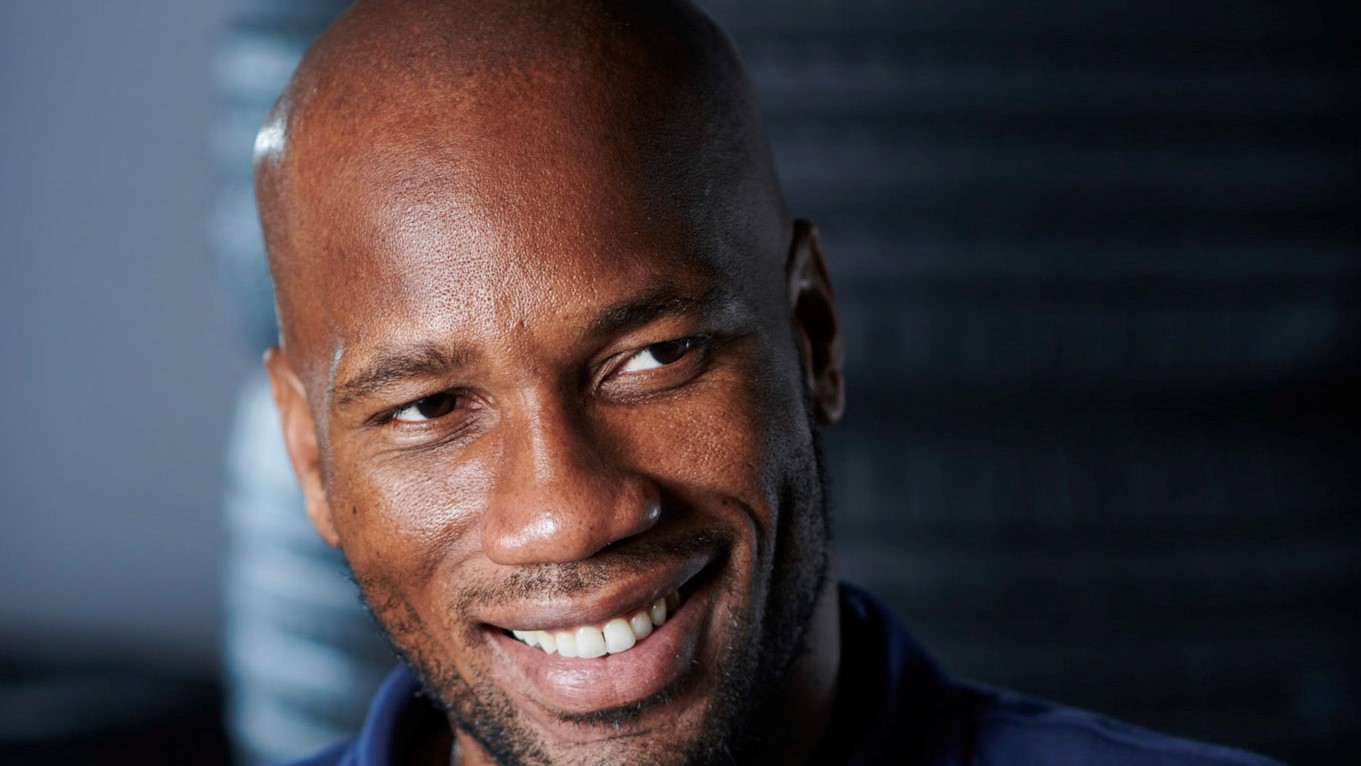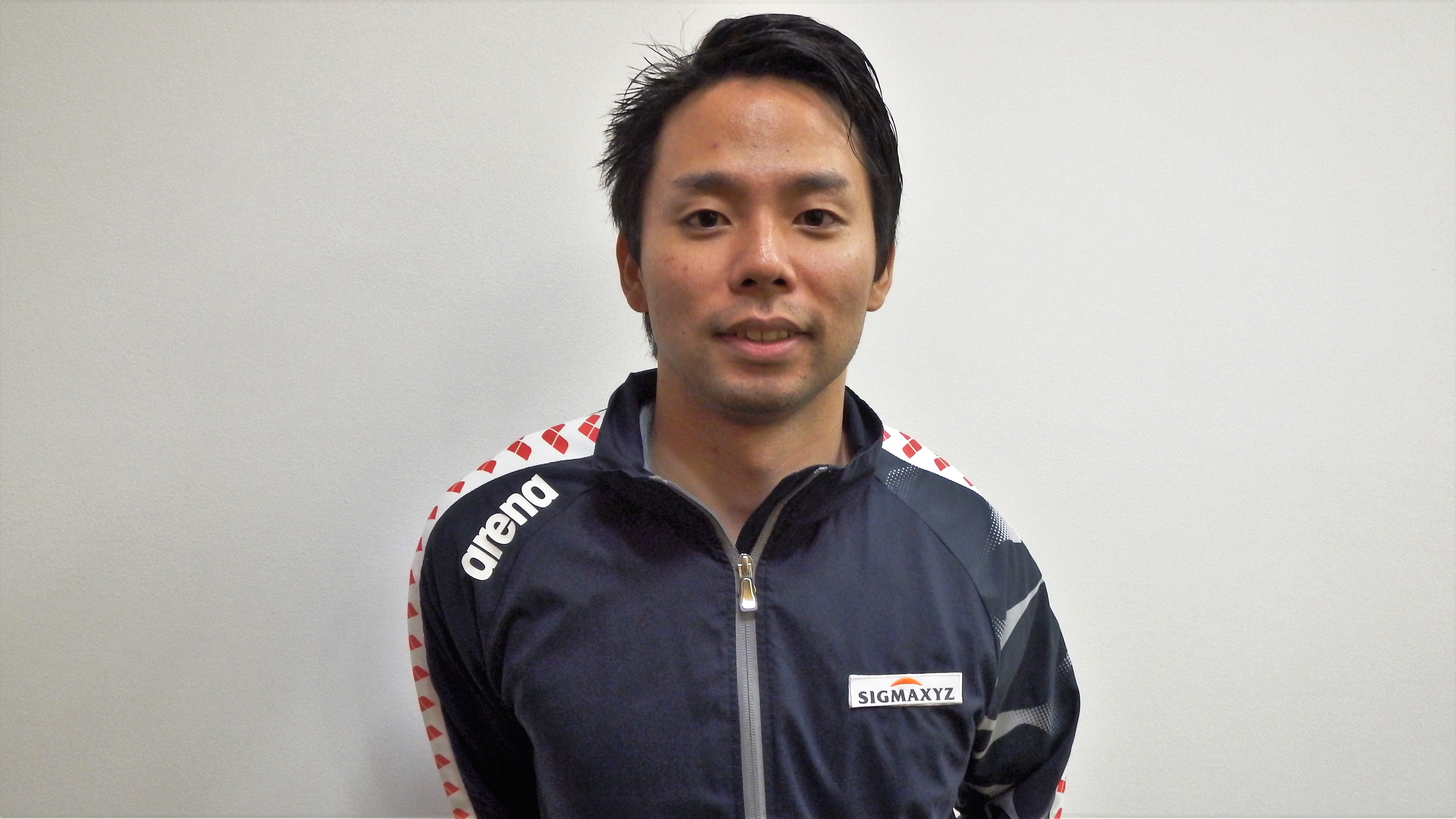
Interview with Daigo Ejima (Para Swimming) Part 1 “The most frustrating to lose to yourself”
As a para swimmer, Daigo Ejima has participated in the Paralympic Games in Athens, Beijing and London. He won a gold medal at the Asia Para Games 2018 held in Jakarta the other day. What path did you take to achieve this result? He / she fully told about the progress and future goals.
――Congratulations on winning the gold medal at the Asia Para Games 2018 in Jakarta!
EjimaThank you very much. Although it was hot and the volume of the Koran sounded at 4am every morning, it was difficult in terms of the environment, but the results were good.
――Please tell me about Ejima-san's current day.
Ejima I belong to a company called Sigmaxis. My mission is to produce results in competitions and connect with corporate branding.
So, instead of going to work normally, swimming practice, various training and conditioning are the basics. In addition, receiving media coverage like this time is one of my jobs.
Every day is practiced for 1 hour at night, with the entire pool being available for swimming 24 hours a day.
――How are you doing outside of practice?
EjimaIn the morning I do core training at the gym. In the afternoon, I live as much as possible without fatigue and stress for night practice. This is because it is important for athletes to have the best performance both physically and mentally.
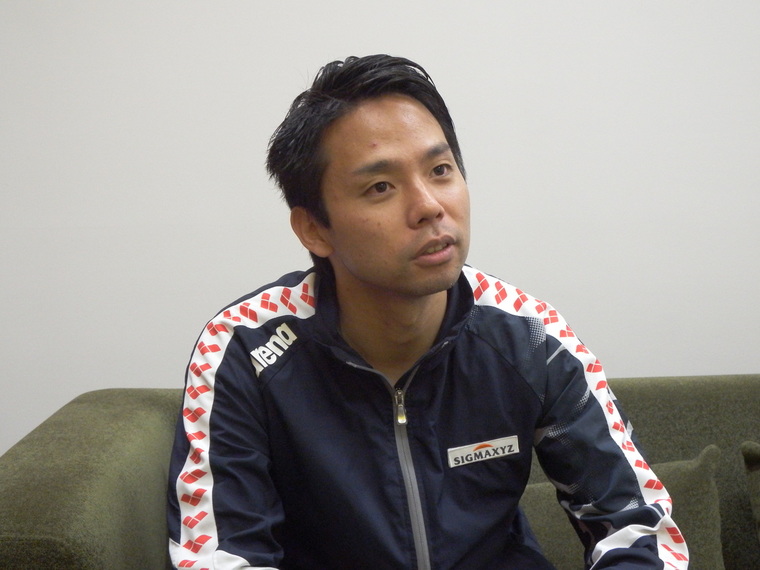
--You can say that this is a great situation where you can concentrate on swimming. What is the life of other swimming Paralympic athletes?
EjimaAs far as I know, there are many players who have joined the company they belong to. My junior players also work almost every day on weekdays to do office work until noon, and practice in the afternoon. I think other players have the same work style.
--What did you do before joining Sigmaxis?
Ejima I graduated from university and worked for a small manufacturer. I was in charge of general affairs at the headquarters and worked in the morning until work. There was no particular treatment as an athlete, and I belonged to the same conditions as other employees, so my main life was work.
However, when there was an expedition, it would be absent for about two weeks, so there was a big difference in synchronization due to the accumulation.Before the London Paralympics, I felt that there was a limit to how to balance work and competition.
Certainly, work is important, but I thought that the London Paralympics was the only time, so I wanted to concentrate on practice and made a retirement request. So when I entered the tournament, I was unemployed and joined Sigmaxis in 2013 after the London tournament ended.
--Did you suddenly fall when you were practicing swimming at the age of 12?
EjimaUntil then, I was running healthy every day. On that day, I played baseball in a nearby park before practice. There was no sign, but it suddenly collapsed. I fell left-sided due to falling down.
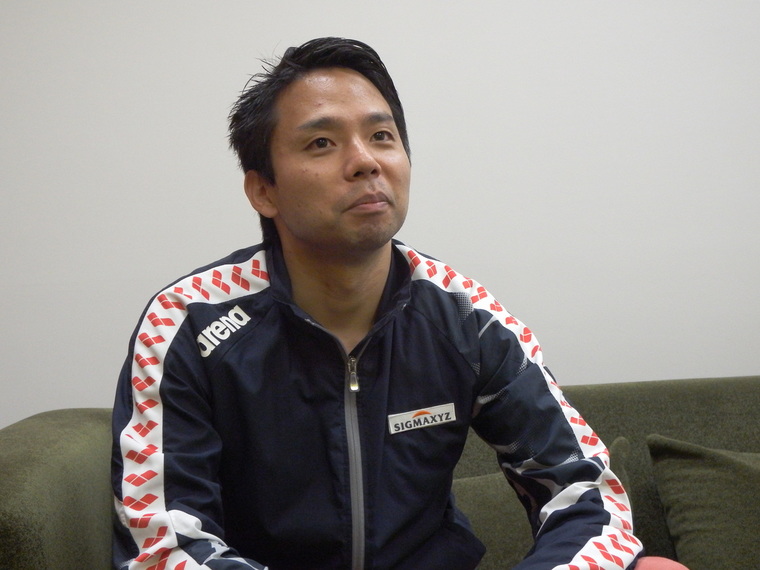
――Did you decide to return to swimming after seeing the success of the 2000 Sydney Paralympics Mayumi Narita? Why did you want to come back if you didn't want to go swimming again?
EjimaThe fall was in the middle of 1st, so it was still a growth process. I loved swimming, but I still wanted to go to the national tournament but I couldn't get out.
I gave up swimming because I had a disability, but I happened to see the Sydney Paralympic Games on NHK for the first time to learn about para swimming.
A player with a disability like me is fighting on the world stage. It was swimming that I had given up halfway, but I hoped that if I worked hard again, I might stand on this stage.
-How long have you been away from swimming before seeing the Sydney Paralympic Games?
EjimaHalf a year or a year away. After falling down, I always thought "Why am I?" It wasn't congenital, it was a healthy, suddenly unexplained disease.
At that time, I wanted to enjoy school life, swim and vaguely get married, but most of them became desperate and were in the dark. It was a harsh reality for a middle boy to accept.
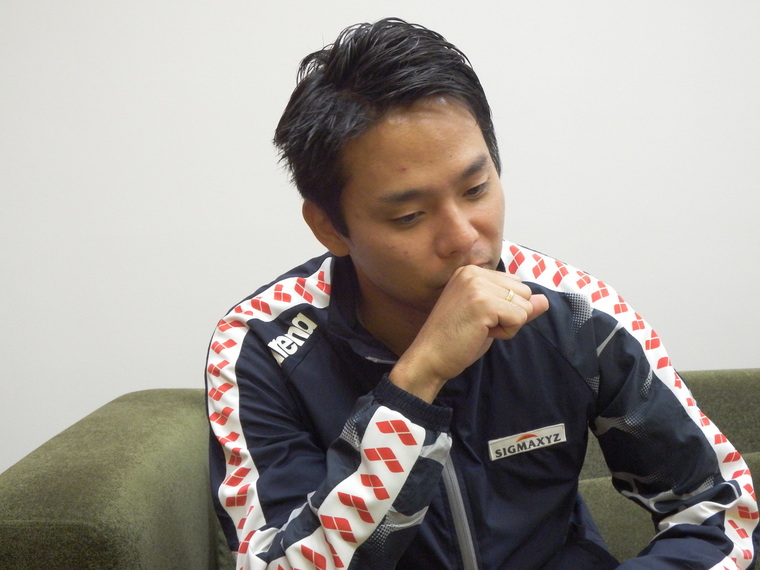
――How much did your body move when you saw the Sydney Paralympics and thought “Let's swim again!”?
EjimaWhen I fell down, I was bedridden and I couldn't move at all without feeling even if I tied my left arm and leg. A cerebral infarction is a muscle of the cheeks. Therefore, it was a situation where I could not speak as well as now.
After that, I went to rehabilitation for half a year. I did my best for rehabilitation because I didn't go to school. The effect was great because he was younger, and he gradually healed.
The wrist was not completely improved because of various nerves passing through it, but the arm recovered before moving up and down, so it recovered to a point where it would not interfere with daily life. did.
When I was rehabilitating, it was before I saw the Sydney Paralympics, so there was no goal.To be honest, there was a moment when I lost the confidence to live.
But I thought I was the most regrettable to lose to myself. I wonder if this is the end of my life. There was a vague feeling that there was no basis that there would be absolutely good things to live.
From there, there were many times when there was no confirmation that it would heal, but it was going to break, but I continued to rehabilitate with my heart that I could not lose to myself.
As I continued to be patient, I got better little by little, so I started to set goals one by one, like "I can move. Next time I want to be able to walk."
Continued to the second part
Photo: Kohei Kikuchi
[Profile of Daigo Ejima]
Born in 1986 in Kyoto.
Begin swimming at the age of three. At the age of 12, he collapsed due to a cerebral infarction at the poolside and left hemiplegia. After a year of fighting illness and rehabilitation, he decided to start swimming again after seeing the images of the Sydney Paralympic Games.
After entering Ritsumeikan University, he participated in the 2004 Athens Paralympic Games and won a silver medal for the first time.
In 2006, he set a world record with a 50m backstroke at the Paralympic World Cup. Participated in the 3rd Paralympic Games, including the 2008 Beijing Paralympic Games and the 2012 London Paralympic Games.
Currently working as a professional swimmer belonging to Sigmaxis Corporation.
EjimaThank you very much. Although it was hot and the volume of the Koran sounded at 4am every morning, it was difficult in terms of the environment, but the results were good.
――Please tell me about Ejima-san's current day.
Ejima I belong to a company called Sigmaxis. My mission is to produce results in competitions and connect with corporate branding.
So, instead of going to work normally, swimming practice, various training and conditioning are the basics. In addition, receiving media coverage like this time is one of my jobs.
Every day is practiced for 1 hour at night, with the entire pool being available for swimming 24 hours a day.
――How are you doing outside of practice?
EjimaIn the morning I do core training at the gym. In the afternoon, I live as much as possible without fatigue and stress for night practice. This is because it is important for athletes to have the best performance both physically and mentally.

--You can say that this is a great situation where you can concentrate on swimming. What is the life of other swimming Paralympic athletes?
EjimaAs far as I know, there are many players who have joined the company they belong to. My junior players also work almost every day on weekdays to do office work until noon, and practice in the afternoon. I think other players have the same work style.
--What did you do before joining Sigmaxis?
Ejima I graduated from university and worked for a small manufacturer. I was in charge of general affairs at the headquarters and worked in the morning until work. There was no particular treatment as an athlete, and I belonged to the same conditions as other employees, so my main life was work.
However, when there was an expedition, it would be absent for about two weeks, so there was a big difference in synchronization due to the accumulation.Before the London Paralympics, I felt that there was a limit to how to balance work and competition.
Certainly, work is important, but I thought that the London Paralympics was the only time, so I wanted to concentrate on practice and made a retirement request. So when I entered the tournament, I was unemployed and joined Sigmaxis in 2013 after the London tournament ended.
--Did you suddenly fall when you were practicing swimming at the age of 12?
EjimaUntil then, I was running healthy every day. On that day, I played baseball in a nearby park before practice. There was no sign, but it suddenly collapsed. I fell left-sided due to falling down.

――Did you decide to return to swimming after seeing the success of the 2000 Sydney Paralympics Mayumi Narita? Why did you want to come back if you didn't want to go swimming again?
EjimaThe fall was in the middle of 1st, so it was still a growth process. I loved swimming, but I still wanted to go to the national tournament but I couldn't get out.
I gave up swimming because I had a disability, but I happened to see the Sydney Paralympic Games on NHK for the first time to learn about para swimming.
A player with a disability like me is fighting on the world stage. It was swimming that I had given up halfway, but I hoped that if I worked hard again, I might stand on this stage.
-How long have you been away from swimming before seeing the Sydney Paralympic Games?
EjimaHalf a year or a year away. After falling down, I always thought "Why am I?" It wasn't congenital, it was a healthy, suddenly unexplained disease.
At that time, I wanted to enjoy school life, swim and vaguely get married, but most of them became desperate and were in the dark. It was a harsh reality for a middle boy to accept.

――How much did your body move when you saw the Sydney Paralympics and thought “Let's swim again!”?
EjimaWhen I fell down, I was bedridden and I couldn't move at all without feeling even if I tied my left arm and leg. A cerebral infarction is a muscle of the cheeks. Therefore, it was a situation where I could not speak as well as now.
After that, I went to rehabilitation for half a year. I did my best for rehabilitation because I didn't go to school. The effect was great because he was younger, and he gradually healed.
The wrist was not completely improved because of various nerves passing through it, but the arm recovered before moving up and down, so it recovered to a point where it would not interfere with daily life. did.
When I was rehabilitating, it was before I saw the Sydney Paralympics, so there was no goal.To be honest, there was a moment when I lost the confidence to live.
But I thought I was the most regrettable to lose to myself. I wonder if this is the end of my life. There was a vague feeling that there was no basis that there would be absolutely good things to live.
From there, there were many times when there was no confirmation that it would heal, but it was going to break, but I continued to rehabilitate with my heart that I could not lose to myself.
As I continued to be patient, I got better little by little, so I started to set goals one by one, like "I can move. Next time I want to be able to walk."
Continued to the second part
Photo: Kohei Kikuchi
[Profile of Daigo Ejima]
Born in 1986 in Kyoto.
Begin swimming at the age of three. At the age of 12, he collapsed due to a cerebral infarction at the poolside and left hemiplegia. After a year of fighting illness and rehabilitation, he decided to start swimming again after seeing the images of the Sydney Paralympic Games.
After entering Ritsumeikan University, he participated in the 2004 Athens Paralympic Games and won a silver medal for the first time.
In 2006, he set a world record with a 50m backstroke at the Paralympic World Cup. Participated in the 3rd Paralympic Games, including the 2008 Beijing Paralympic Games and the 2012 London Paralympic Games.
Currently working as a professional swimmer belonging to Sigmaxis Corporation.
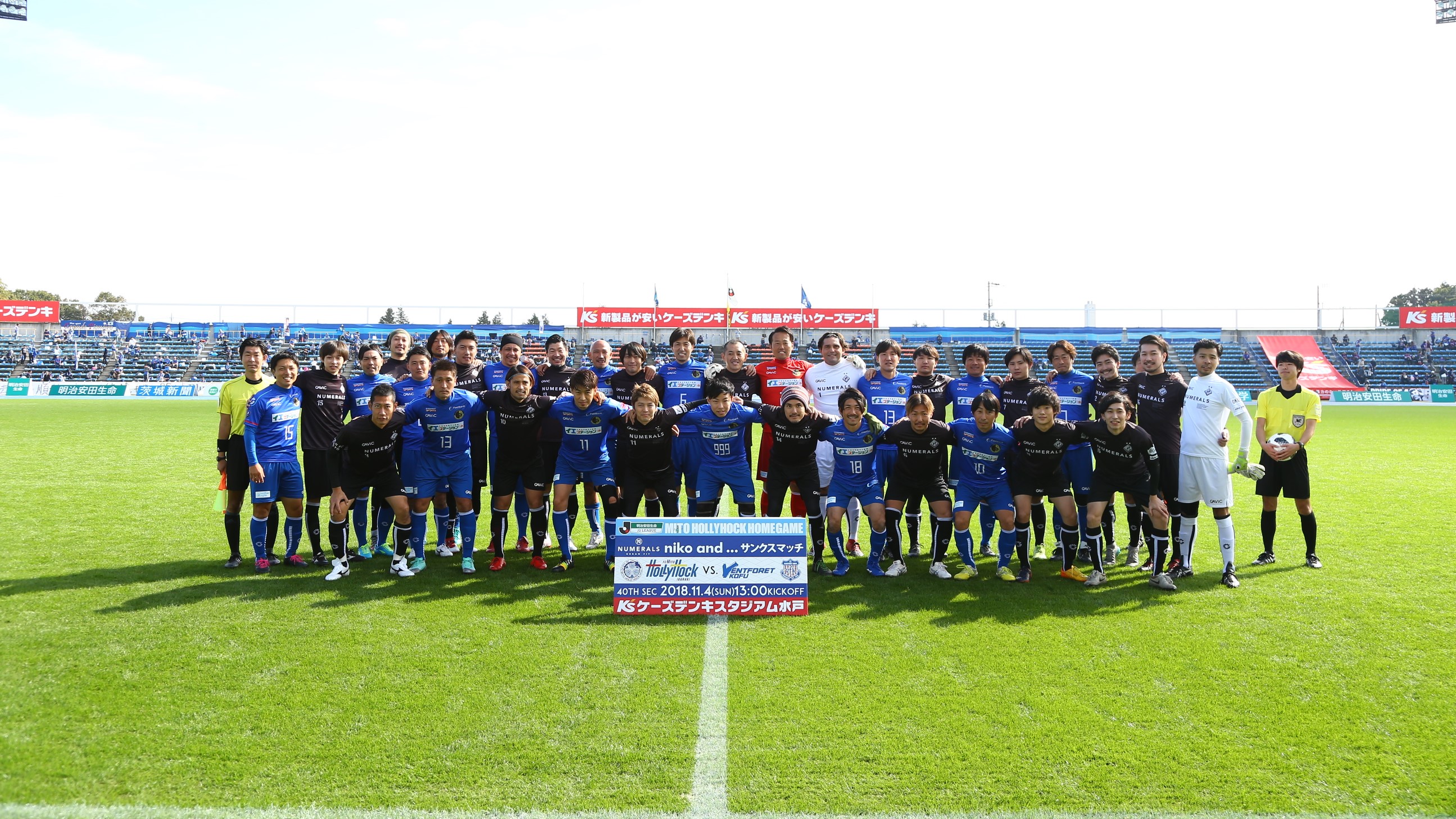
Others
|
2018/11/30
That OB player also gathered and infiltrated the "niko and ... Thanks Match" sponsored by Adastria
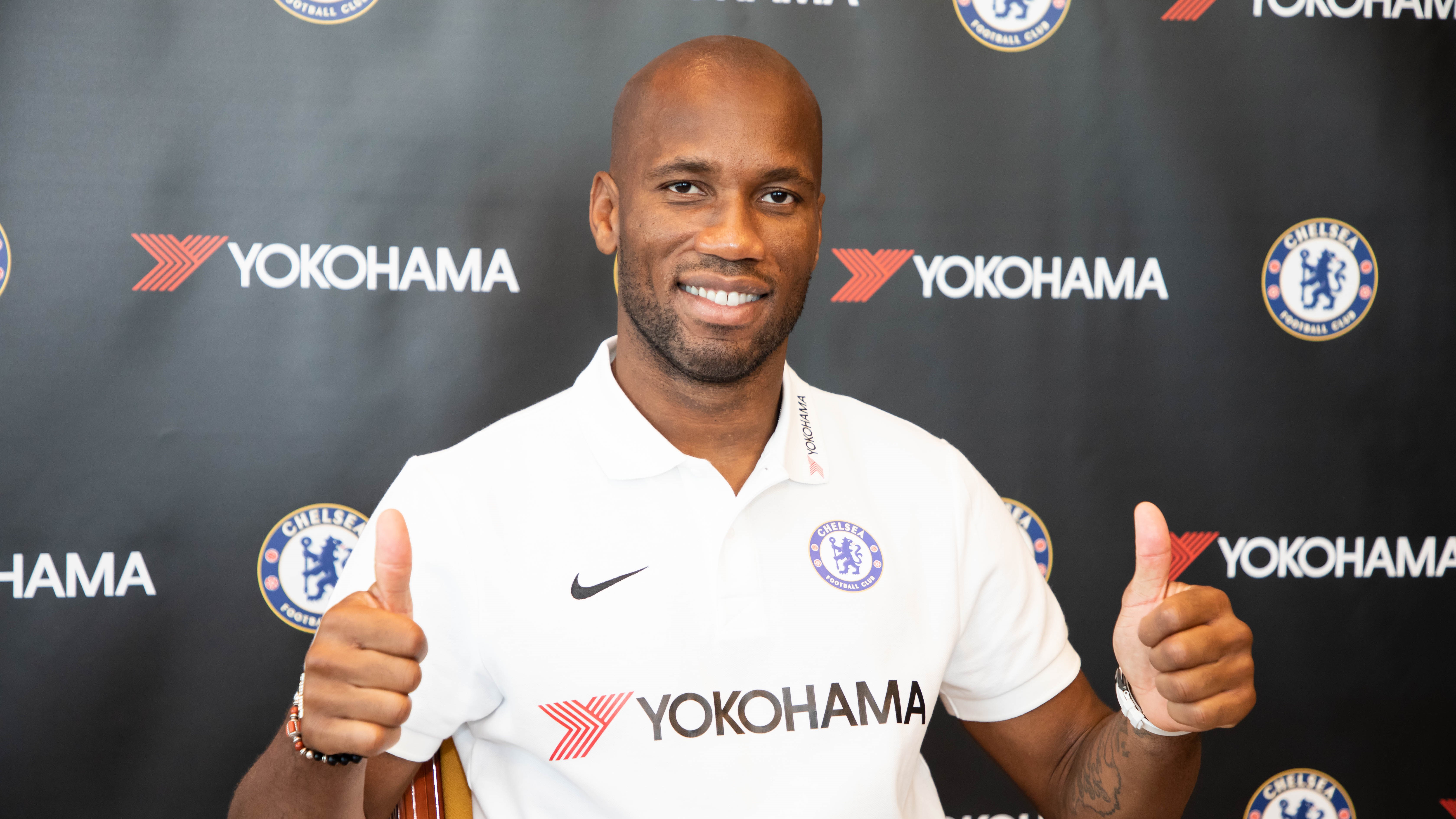
Others
|
2018/11/27
